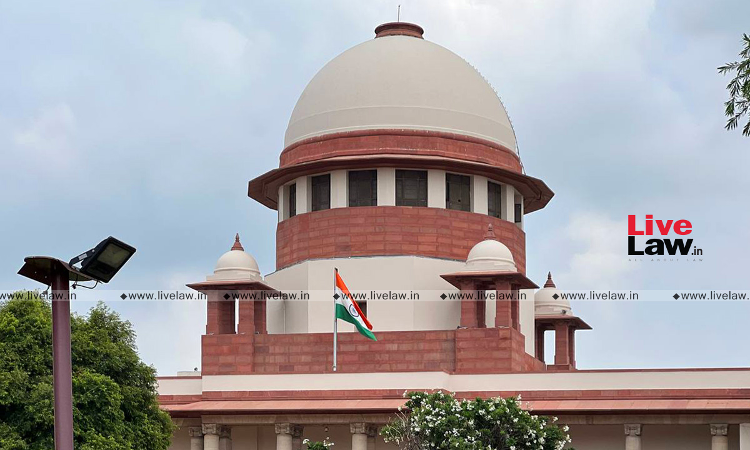Party Estopped From Questioning Amount Levied As Per Contract After Signing It : Supreme Court
Anurag Tiwary
15 Jan 2023 2:31 PM IST

Next Story
15 Jan 2023 2:31 PM IST
The Supreme Court has held that signing a contract and issuing an undertaking in accordance with the contract would estop the parties from challenging the amount of consideration as specified within the terms of the contract. The issue before the Supreme Court bench comprising Justices S Ravindra Bhat and PS Narasimha in this Civil Appeal was whether a party to a contract is entitled to...
